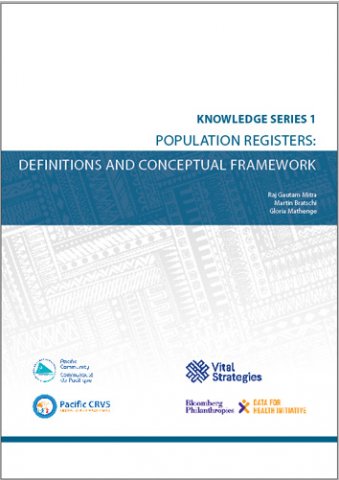Population registers are recognised for their dual role of providing critical information about the civil status of individuals within a population which is needed to support numerous public administration functions and secondly for their critical and unique role of providing countries with a continuous and permanent source of population statistics, including statistics on migration. Population registers are common in the European region and constitute an important part of the national statistical system, especially among the Nordic countries whereby register-based census methods have replaced the traditional census methods. In the Pacific, to the extent known by SPC, there is no evidence of a country that implements a functional population register. As the ongoing Covid-19 pandemic continues to pose a challenge to traditional methods of collection of population data, population registers are emerging as an important resource which can help governments to overcome some of the prevailing challenges. This publication is a part of a series of papers developed by SPC and Vital Strategies on this topic.
Read the Knowledge Series 1 - Population registers: Definitions and conceptual framework.
